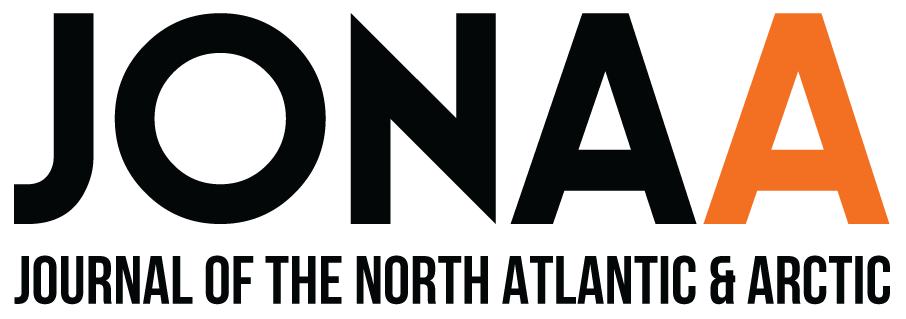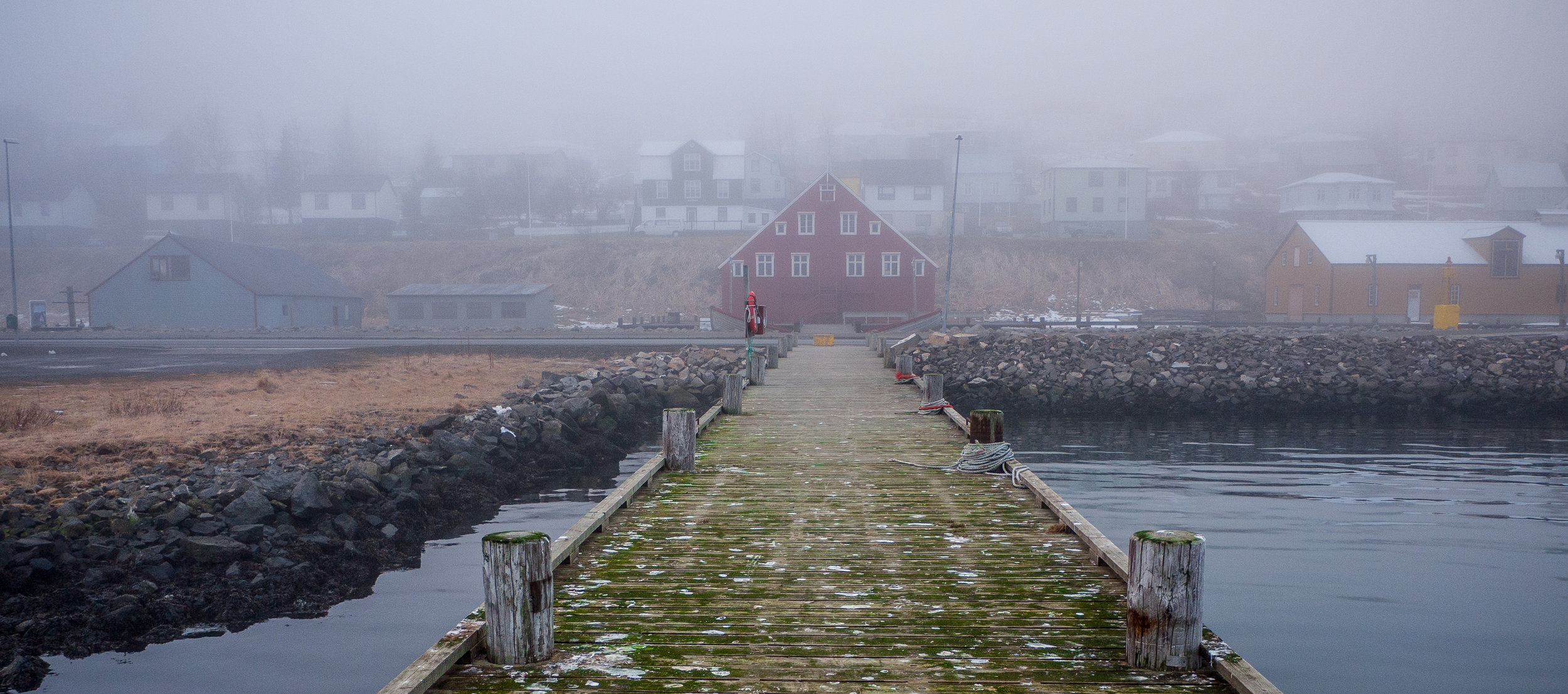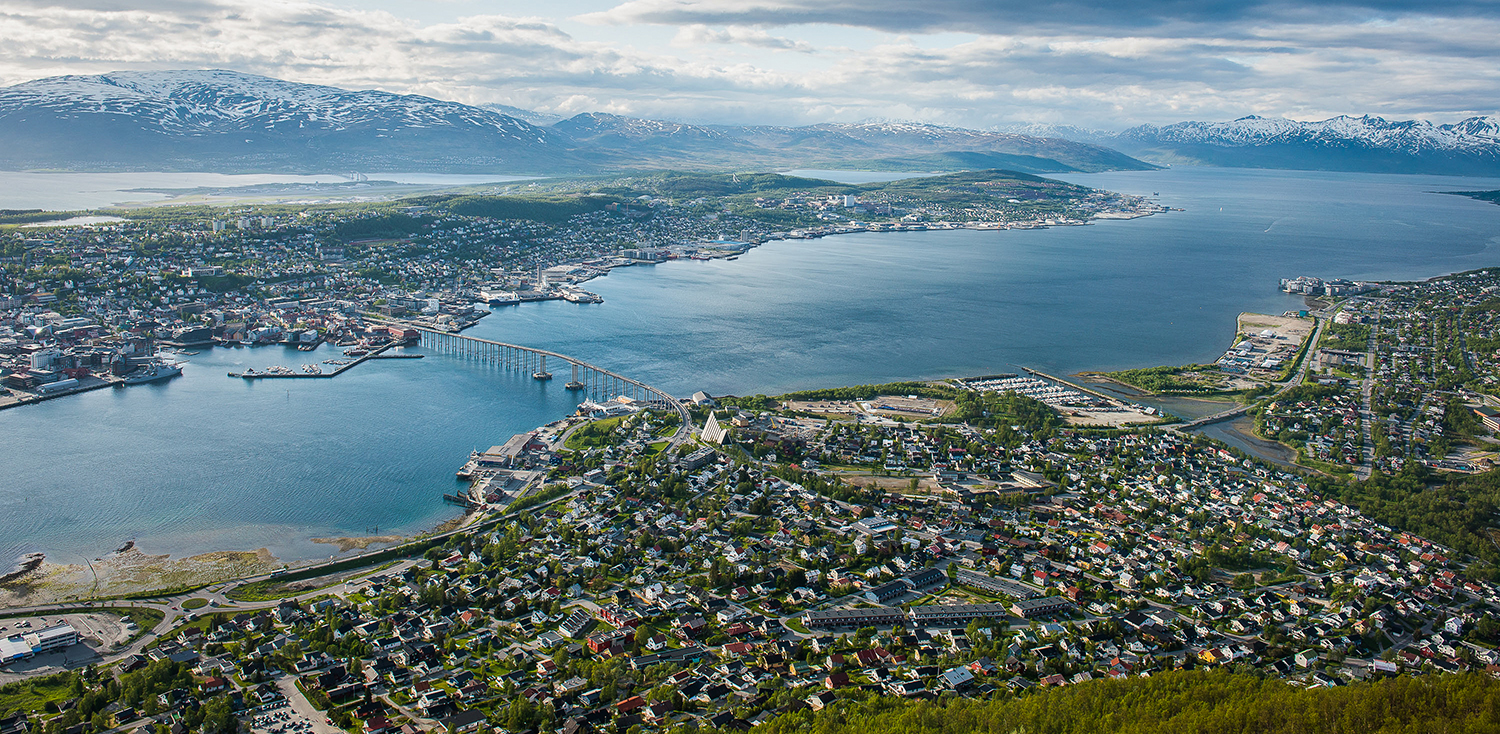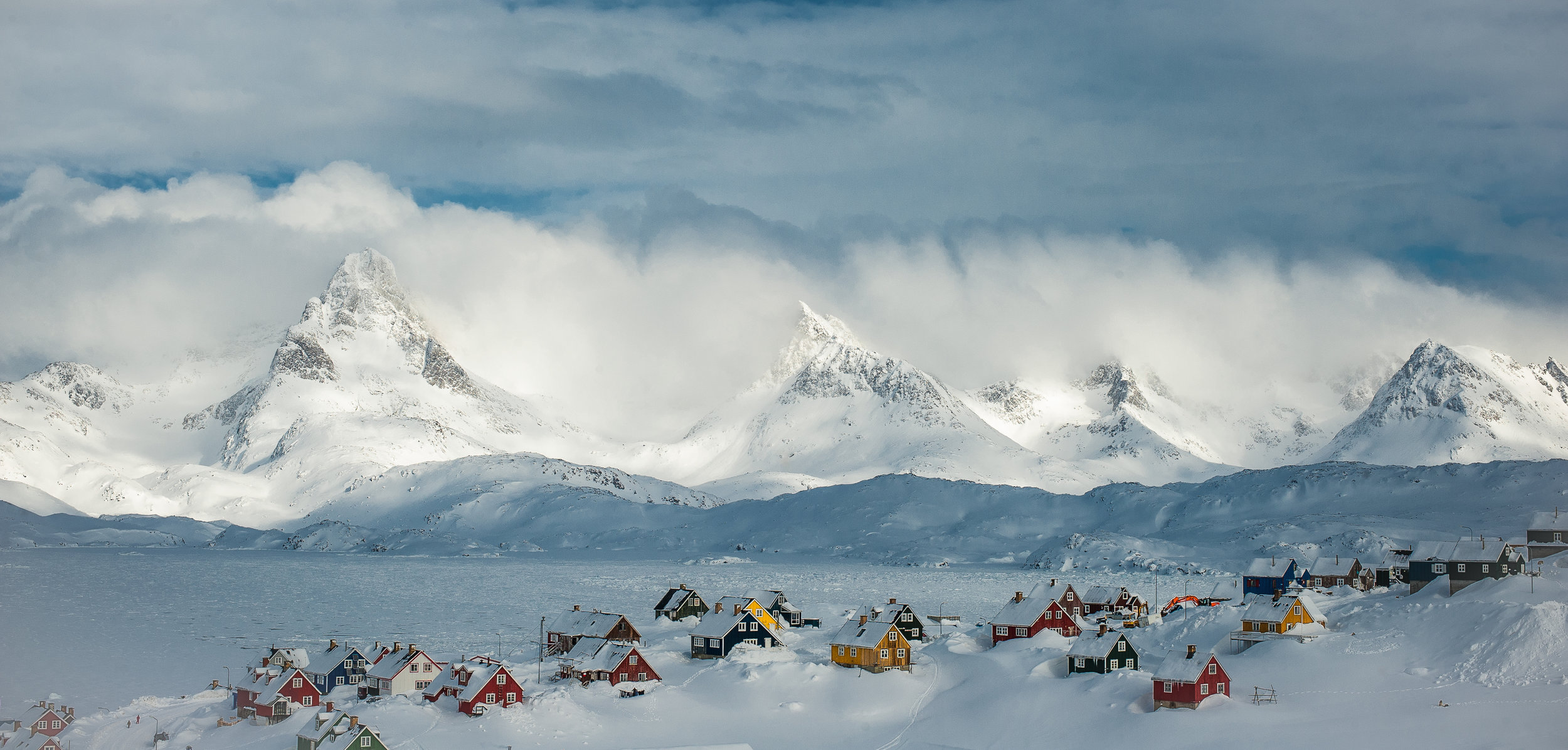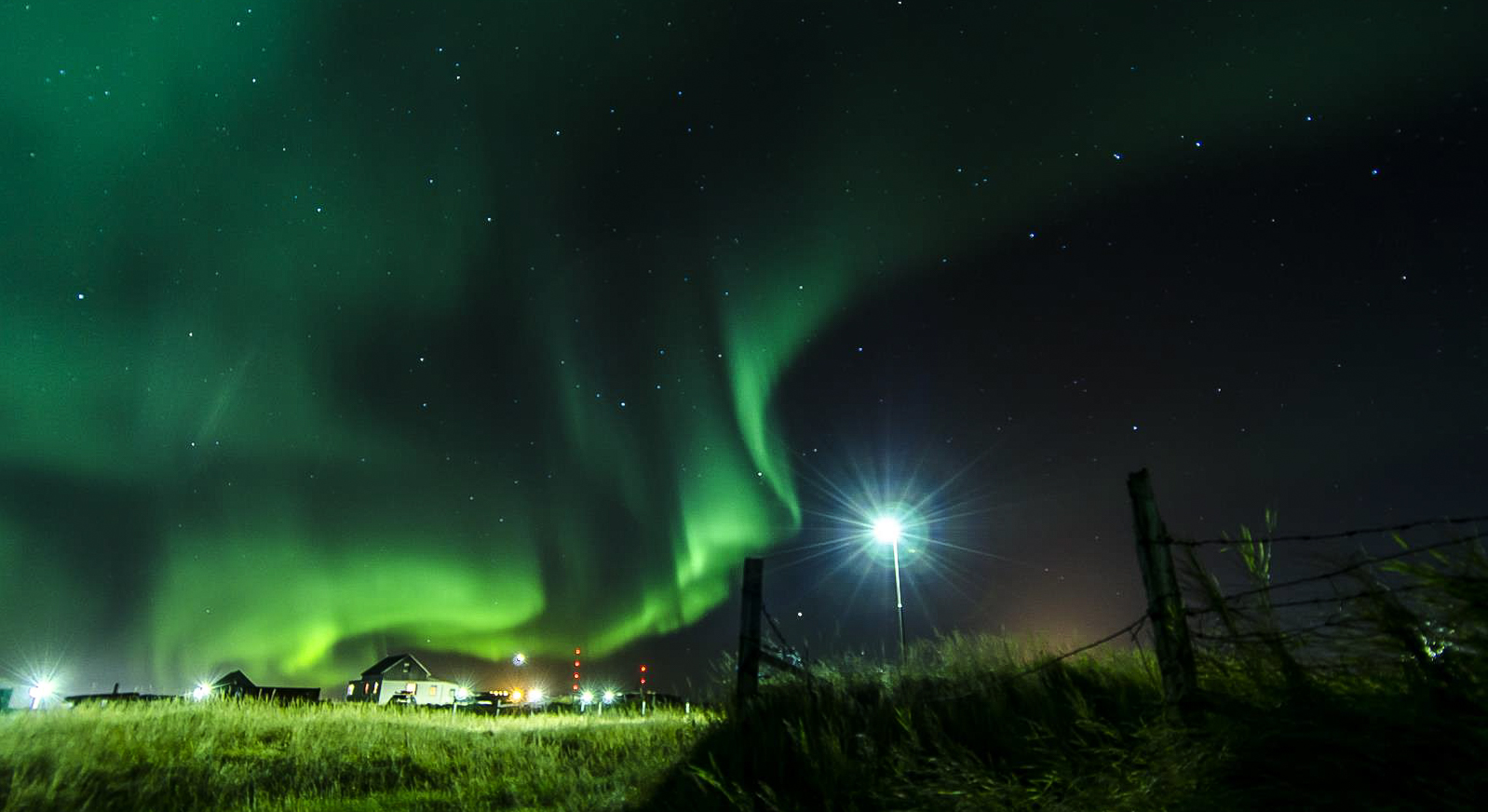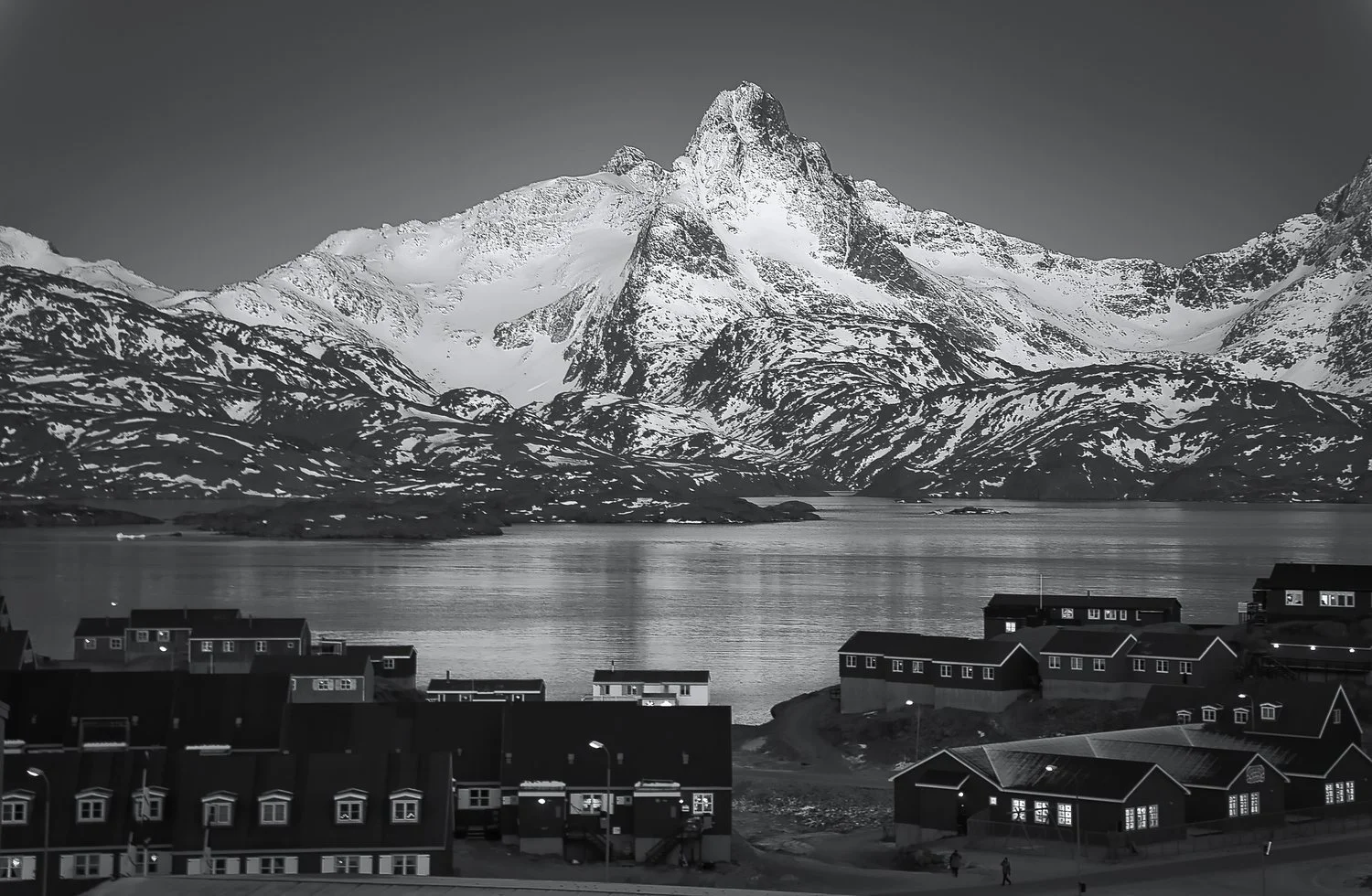Trust - The Nordic Gold
POLICY
Writer: Hlín Jóhannesdóttir
Photographs: Kristjan Fridriksson, Linnea Nordström, Hans Vera
December 2017
“As Secretary General of the Nordic Council of Ministers, I have the pleasure of telling people from across the globe about the Nordic Region and Nordic co-operation. The responses that I get have shown me that there is one topic in particular that is always the subject of their fascination – the trust that we have in one another in our part of the world.”
With these words, Mr. Dagfinn Høybråten, Secretary General of the Nordic Council of Ministers, NCM, launched an NCM report earlier this year, titled Trust - the Nordic Gold. A report that defines social trust as the most valuable asset of the Nordic region, that is Norway, Sweden, Denmark, Finland, Iceland, Greenland, The Faroe Islands and the Aland Islands.
Høybråten, who set the project in motion in 2016 says it sums up knowledge and gives a good overview about this part of Nordic Cooperation, that so many from other countries find interesting and fascinating. “This is the first report that comes from a new policy analysis unit at the Secretariat to the Nordic Council of Ministers, but there will be more,” says Dagfinn Høybråten.
Mr. Høybråten who has been in office since 2013, has in his writings and speeches often revealed his opinion that the Nordic countries should work even closer together than they already do within the Nordic Council. “The analysis unit was formed to spearhead special analysis and reports about current issues of the Nordic cooperation,” he continues, “our Senior Adviser at the NCM, Ulf Andreasson wrote this report, which was launched at the political arena of Folkemødet in Bornholm June 16th.”
When prompted about NCM's new analysis unit, Senior Advisor Ulf Andreasson explains that there were many reasons for its establishment, one of them clearly to make the Nordic dimensions more visible in the different Nordic countries and more visible for the Nordic citizens. Ulf claims that there is a reason for the Nordic states to be cautious, “If you look at how trust is created, there is some reason to be concerned. There is this notion of a “radius of trust”; the more you relate to other people in the sense that you can mirror your situation in theirs, the more you feel that you have in common and the more you trust them to begin with. We all know this has been changing in our countries, first of all in Sweden, but also in the other Nordic countries, and it is happening quite fast,” says Ulf, and adds, “from a theoretical perspective there is a reason to fear that trust levels will go down.”
Dagfinn Høybråten acknowledges the various challenges. “All the same I am hopeful that although the Nordic countries are becoming more culturally diverse, it doesn’t necessarily have to undermine the status of social trust in the region. But, the Nordic countries are certainly becoming more heterogeneous and we have to meet diverse challenges of integration.”
In the late 1800’s and in the earlier 20th century big popular movements were on the rise in the Nordic countries. These were, according to the Trust report, in majority “voluntary, local and member-based, with democratic decision-making processes.” These movements had an important role in the establishment of the Nordic trust as they influenced both the political and social arena.
Asked about this, and about what has replaced the popular movements, Høybråten states that this mentality in the Nordic countries is still strong. “We are very good at organising ourselves. In Norway alone, there are around 11 million organisations and it is a country of five million people,” he says. “There are sports movements, cultural- and environmental organisations, and of course organisations in the digital world. People organise themselves in different ways than before. It boils down to taking care of your own interest. But I also think it is in the DNA.”
This leads to the question how other states can copy the formula.
“Trust is of course not an export product that can be shipped to another country,” says Høybråten. “And, it is more easily lost than built. But the values that build trust can be implemented by other countries. We had plenty of attention from outside our region before the report, but after the publication we have constant requests, either to welcome delegations from abroad to discuss the Nordic Model and social trust, or we get invitations to go abroad for the same purpose.”
Dagfinn Høybråten, Secretary General of NCM - NORDEN©Magnus Fröderberg
Ulf Andreasson, Senior Advisor at NCM. NORDEN©Andre Jamholt
The writer of the report, Ulf Andreasson, comments on this increased interest from other countries, “We had a delegation here from South-Korea recently. In South Korea there is much awareness that the country is getting wealthier but people aren’t happier and the society is not working the way they would like for it to work. Therefore they travel all the way to the Nordic countries, to talk to high-level politicians and experts, who all mention trust as a key issue for the success of our societies.”
Mr. Høybråten claims we can be optimistic about the future of Nordic trust, given that the social and political system in the Nordic region will continue to give people the feeling of transparency and low corruption. “The social trust is high as as of now, and has been so because the system still delivers what it is supposed to deliver. In the case of the Nordic countries, even if things went a bit wrong from time to time, it would not really lower the social trust ranking. To do so it would have to become constant. You can compare it to the rule of depositing, and the balance is still high enough to handle an occasional hit without being hurt.”
In the Trust report it is pointed out that; “.. perhaps the most important thing in the governance of the Nordic states is how they have “over a long period, worked transparently, fairly, and with a high level of integrity.” (pp. 21)
Tórshavn, the Faroe Islands. JONAA©Kristjan Fridriksson
“It is very much about the relationship people have with the state they live in,” says Ulf Andreasson. “If the state is treating its citizens in a fair manner they are likelier to have optimistic views on things,” he says. “If people lose trust in the institutions and in the the social infrastructure, their overall levels of trust will go down and that will affect their outlook on life in general.” Ulf emphasises how important it is that people are aware of the benefits of a society with high level of trust.
“In the report we explain the various beneficial elements that social trust creates. For instance, if we look at it economically, it reduces the costs related to multiple transactions to ensure that agreements are honoured. Since agreements are based on a certain degree of trust, all the costly extra work is not needed. This saves substantial time and money.” He explains how the commerce sector benefits from this minimal transaction cost as well. “Then we have various researches showing that trust and individual happiness are interconnected, as we can imagine, in a society where you trust your fellow citizens, the stress levels are lower and people are more at ease, more content.”
Prompted about challenges facing the Nordic trust, Dagfinn Høybråten mentions the aging population. “We are steadily moving towards more and more imbalance in the population, the baby boomers are getting old and the Nordic societies are aging fast as the population growth has been negative for a while. This is a challenge for the society, the retired generations need elderly care, medicine and other assistance they deserve and have earned themselves in their working lives. It is very important to meet their needs without letting other parts of the society suffer for it. But there is no reason to be pessimistic as long as our political and societal infrastructure is intact and things are addressed properly in a transparent and honest manner,” says Dagfinn Høybråten. ▢
The Nordic Council of Ministers, NCM, was established in 1971 and is the official institution for intergovernmental cooperation of the Nordic countries. NCM’s purpose is to improve Nordic co-operation, promote Nordic identity and work in favour of Nordic interests. The Nordic Council of Ministers consist of several councils of the relevant ministers from the Nordic countries, Finland, Norway, Sweden, Denmark, Iceland, Greenland, The Aland Islands and the Faroe Islands.
From the report:
“It is difficult to imagine societal models like those in the Nordic countries if citizens do not trust that the other citizens also contribute to the economy through the tax system, and that public authorities manage tax revenues in a fair and efficient way, free from corruption.”
“A society with a high level of social trust has fewer formalities, conflicts and legal processes. In economic terms, social trust reduces transaction costs in the economy, i.e. costs associated with ensuring that an agreement is fulfilled. Calculations indicate that an increase of ten percentage points in social trust can be expected to increase economic growth in a country by half a percentage point.”
“The effects of trust extend beyond purely economic aspects – research has also shown social benefits. People with greater levels of trust are more inclined to perceive that they have better control over their lives and better life chances. Trust is also regarded as an important component in promoting engagement in society, reducing criminality, and increasing individual happiness.”
“One important aspect stimulating social trust in the Nordic region has been the relationship between the state and the associations. The latter fulfilled an important function as a platform from which individual citizens could exert political influence; this increased trust in public authorities and other societal institutions, which in the long term increased social trust.”
“Research into the role of the state indicates that the population perceives fairness in the actions of societal institutions and that the state has a low level of corruption, particularly in recent decades. Another important factor is a general welfare state that has worked to prevent the development of underclasses in society. A further positive influence is that the state has worked to raise the level of education in the population.”
“If we are to examine the Nordic successes more closely – particularly in economic terms and, more specifically, in how the Nordic countries managed to avoid the global recession that followed the financial crisis in 2008 – it is important not to focus too much on how the Nordic region has balanced different systems, taxes, legislation, etc. Instead, it is important to look more closely at how the state, over a long period, has worked transparently, fairly, and with a high level of integrity, and the positive effects of this – not least the effect on social trust.”
The Nordic Social Trust "Manual"
The report surmises that trust is the one resource that has generated the most value in the Nordic societies. From research into the Nordic experiences that have made this happen, a “manual” can be compiled, showing how a state can act to increase social trust over long term. The manual goes like this:
Act with openness and transparency, manage tax revenues with respect, and tackle all signs of corruption, however negligible they seem.
Create a general welfare state that prevents underclasses developing in society.
Support associations, not least financially. It is generally favorable if the state can have an open attitude to associations.
Raise the level of education in the population. Because of the importance of retaining relative economic homogeneity in the population, it is probably particularly important to focus on those with, or at risk of, low and/or incomplete education.
Counteract unemployment, particularly long-term unemployment. This particularly implies efficient integration of refugees and immigrants in the labour market.
The report Trust - The Nordic Gold can be downloaded here.
Hlín Jóhannesdottir is the Head of Production at JONAA, Journal of the North Atlantic & Arctic, and a JONAA partner and founder. Following her studies in anthropology and media, Hlín has had a 20+ year long career in Iceland's film industry and is an awarded producer of feature films and documentaries. Hlín is also the head of ÍKSA, The Icelandic Film & Television Academy and has led the department of Production at the Icelandic Film School for years. In addition to film production, Hlín has produced and organized both cultural and media projects in the Nordic-Arctic region. She is the founder of production company Ursus Parvus.
